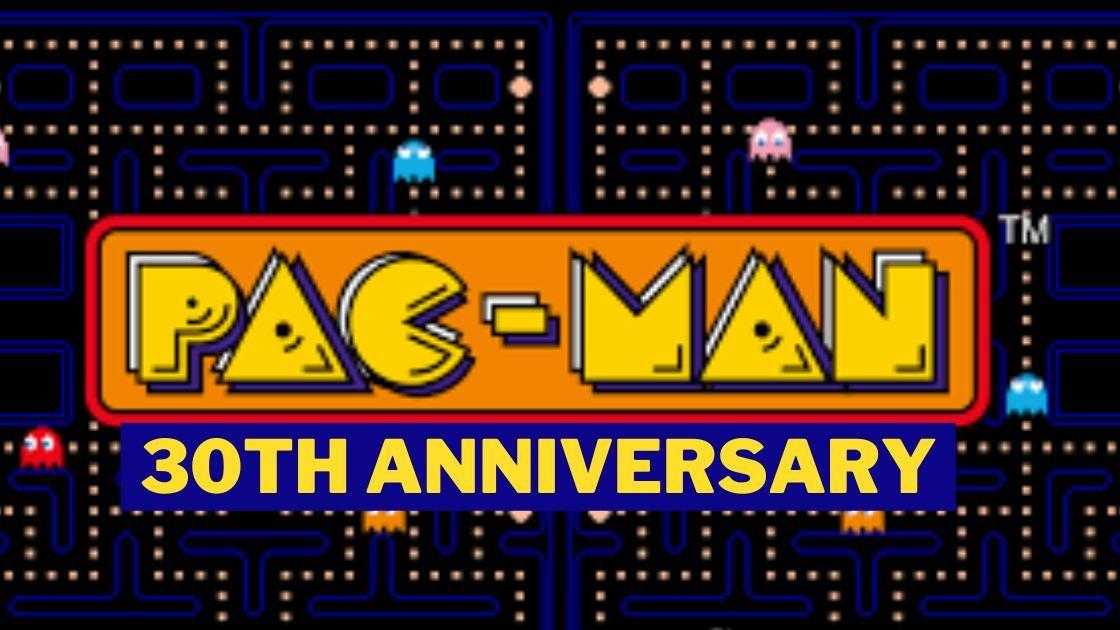Ear Pain Following Wisdom Teeth Removal: What You Need to Know

Removal of wisdom teeth is probably one of the most routine dental surgeries that take place in modern times. Although numerous are relieved following the procedure, there are individuals who find themselves confronted with sudden symptoms—among the most baffling of which is earache after wisdom teeth removal.
Here in this guide, we're giving you today's expert dental tips as to why it occurs, how long, and what you can do about it in terms of managing and preventing ear pain after your extraction.
Why Ear Pain Occurs After Wisdom Teeth Extraction
Ear pain after wisdom teeth surgery is not uncommon and does not always indicate that anything is wrong. Ear pain is typically referred pain, or the pain starts in one location (surgery site or jaw) but the body perceives it somewhere else (such as in the ear).
Major Reasons
Shared Nerve Pathways: The temporomandibular joint (TMJ) and your teeth have shared nerve pathways with the ear, that is via the trigeminal nerve. When dental surgery leads to irritation or inflammation of these nerves, pain that refers to the ear can occur.
Jaw Stiffness or Strain of the TMJ: Keeping the mouth open for an extended period of time while undergoing the procedure may strain the jaw joint, leading to pain around the jaw area, including the ear.
Inflammation Following the Operation: The swelling in the area where the tooth has been extracted will radiate to surrounding tissues, compressing adjacent nerves.
Dry Socket: A condition in which the blood clot in the extraction area is dislodged or dissolved. It results in exposure of nerves and extremely painful ears that may radiate to the ear.
How Long Does Ear Pain Last After Wisdom Tooth Extraction?
In all instances, ear pain from wisdom teeth extraction is temporary and will be resolved within three days to a week. But the actual duration depends on:
-
Difficulty of extraction
-
Your general health and rate of healing
-
Presence of any of the complications such as dry socket or infection
Normal Healing Timeline:
Time Since SurgeryWhat to Expect
-
1–3 DaysSome discomfort, swelling, referred pain in ear
-
3–7 DaysPain begins to fade; any pain in ear must resolve
-
7+ Days
The pain should be very minimal; persistent or increasing pain may be a sign of complications
Signs the Ear Pain May Be a Problem
While normal ear pain after wisdom teeth extraction is often moderate, there are certain warning signs of a serious problem.
Be Aware of These Warning Signs:
-
Severe or throbbing ear pain not getting better
-
Ear pain with fever or pus from the extraction site
-
Swelling increasing after 3 days
-
Pain during opening or closing of the mouth (potential TMJ problem)
-
Ringing in the ears or loss of hearing
If you experience any of these symptoms, visit professional dental advice today to eliminate infections or complications.
Ear Pain After Wisdom Teeth Removal Guidelines
Treating ear pain after dental surgery is usually all about managing inflammation, healing, and treating your jaw and oral tissues very gently.
Home Remedies:
Cold Compress: Place an ice pack on the side of your face close to your jaw for 15–20 minutes multiple times a day during the first 48 hours.
Warm Compress (Post 48 Hours): Use moist heat to relax the muscles and improve circulation.
Pain Medication: Use over-the-counter medication such as ibuprofen (if approved by your dentist) to help with pain and swelling.
Hydration and Nutrition: Keep your mouth well-hydrated and eat soft nutritious food that won't require chewing.
Avoid Smoking or Straws: Suction can disrupt the healing clot and lead to dry socket.
Rest Your Jaw: Avoid talking, yawning, or chewing. Resting allows faster healing and prevents TMJ strain.
When to See a Dentist or Oral Surgeon
Should ear pain last more than one week or increase with time, professional assistance is highly recommended. Ongoing ear pain might be evidence of:
-
Infection where the surgery was performed
-
Dry socket
-
TMJ disorder
-
Sinus problems (in the situation of upper wisdom teeth)
Getting expert dental consultation today will make a small post-op complication turn into a serious health issue.
Dry Socket: A Common Cause of Ear Pain
Among the most common causes of severe ear pain after the extraction of wisdom teeth is dry socket. Dry socket happens when the protective covering blood clot over the extraction site is disturbed, exposing nerves and bone underneath.
Signs and symptoms of Dry Socket:
-
Severe pain 2–4 days post-procedure
-
Pain extending to temple or ear
-
Bad breath or bad taste
-
Empty visible socket at site of extraction
Dry socket should also be managed professionally, say by cleaning and medicated dressing. Never attempt to manage it at home without seeing a dental practitioner.
Can Wisdom Teeth Truly Be a Cause of Earache Prior to Surgery?
Yes. In certain instances, infected or impacted wisdom teeth may produce earache even prior to being removed. This is due to:
-
Pressure exerted by impacted teeth on adjacent tissues
-
Spread of infection or abscesses within jaw tissues
-
TMJ disorder caused by unbalanced bite or jaw strain
So, if you are having ear pain and you still have your wisdom teeth, it could be a warning that they should have an assessment or be removed.
Prevention of Ear Pain Following Wisdom Tooth Extraction
Though all post-op pain cannot be avoided, you can reduce your risk of complications by:
-
Adhering carefully to post-operative instructions
-
Using ice and medication according to directions
-
Keeping your mouth clean, but not forcing rinses the first 24 hours
-
Not doing anything heavy or activity that might interfere with healing
-
Returning to your dentist or oral surgeon for a checkup
Dental Tips Today: Your Post-Surgical Healing Partner
Pain in the ear after the removal of wisdom teeth is a normal and preventable side effect. But knowing when it's normal and when it is not is the difference in your healing process.
If you are having ear pain after wisdom teeth removal, don't wait. Occasional discomfort or constant pain doesn't have to be endured. A call to a dentist today maintains your healing process complication-free and on track.
Keep in mind: jaw, ears, and teeth are all related. Something not quite right in one usually has an effect on the others. Being aware and being proactive has you back on your feet in no time.
Conclusion
Wisdom tooth extraction is an everyday occurrence, but that does not mean healing comes without its obstacles. Ear pain after wisdom tooth extraction is one of those not-so-well-known but perfectly ordinary symptoms.
It can make you feel more in control of your recovery if you learn why it occurs, how to cope with it, and when you need to hire professionals. Don't wait to get dental advice today if you are wondering if your symptoms are normal or if they need professional treatment.








